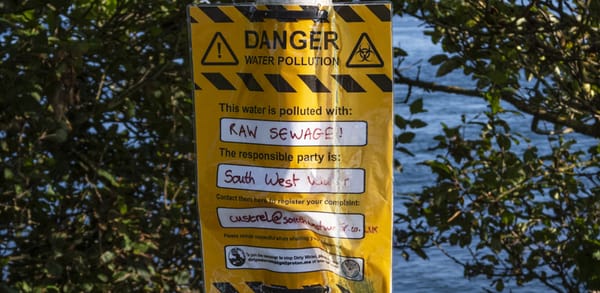
COMMENT
— Ministers pledge action on sewage pollution after public pressure, but critics call plans vague and inadequate. Activists demand urgent, meaningful steps to hold water companies accountable and protect clean water access.

Front Pages
— Your daily roundup of the front pages of the main newspapers and magazines today in the UK... and beyond.
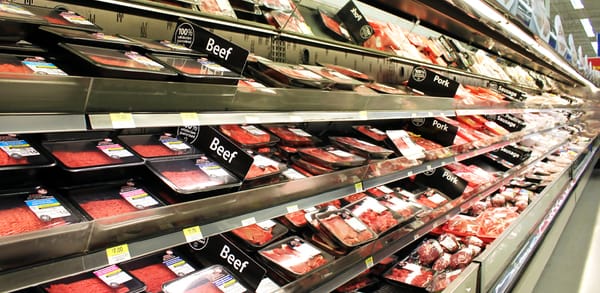
Big Meat & Dairy
— In 2024, the meat industry pushed aggressive rebranding campaigns, spreading disinformation about “natural” meat, eco-friendly claims, and global hunger, while facing growing scrutiny over sustainability, climate impact, and plant-based competitors.

COMMENT
— South Korea’s decisive handling of its impeached president contrasts sharply with the US’s failure to hold Trump accountable for the Capitol insurrection, exposing Biden’s Justice Department’s lack of urgency.

OPINION
— Democrats’ 2024 loss highlights their failure to embrace the “MAGA lesson”: unwavering loyalty to leadership. By abandoning Joe Biden and over-relying on Kamala Harris, they handed Donald Trump a decisive victory.

Long-Read
— Elon Musk’s self-radicalisation stems from his reliance on X’s algorithm-curated feed, which amplified far-right narratives, creating a feedback loop that entrenched his beliefs and shaped his radical political discourse.

— Elon Musk’s self-radicalisation stems from his reliance on X’s algorithm-curated feed, which amplified far-right narratives, creating a feedback loop that entrenched his beliefs and shaped his radical political discourse.
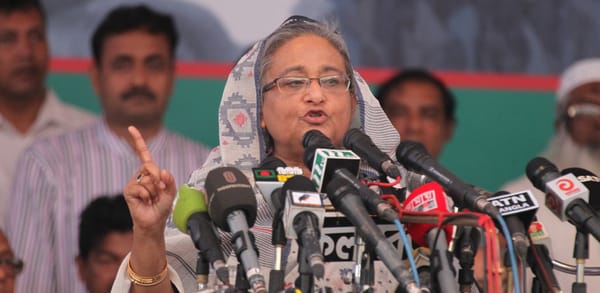
— UK anti-corruption minister Tulip Siddiq resigned after being implicated in Bangladeshi corruption probes involving her family, including deposed PM Sheikh Hasina. Legal and financial misconduct allegations intensify amid Bangladesh’s ongoing investigations.

— The UK’s AI action plan outlines 50 ambitious recommendations to maintain global AI leadership, focusing on growth, skills, public service efficiency, and ethical challenges, while addressing safety, privacy, and governance.

— National populism, fuelled by media-backed disinformation, anti-immigrant rhetoric, and libertarian ideologies, threatens democracies globally by eroding institutions, fostering fear, and exploiting divisions.
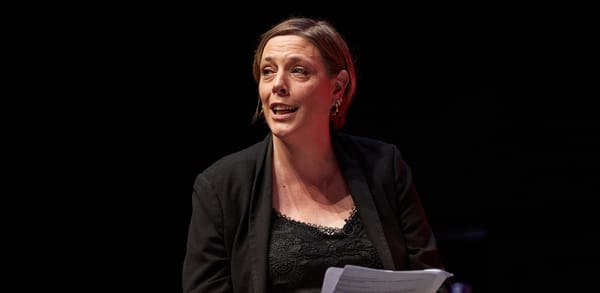
— British MP Jess Phillips’ online abuse from Elon Musk highlights the pervasive silencing of women in public life. Such targeted attacks threaten safety, deter participation, and undermine democracy globally.

— Efforts to justify mass deportations using pseudo-scientific claims of genetic differences perpetuate racism and social inequities. Scientific evidence discredits genetic essentialism, showing no basis for claims linking genetics to violence, intelligence, or worth.
Reporting News Differently

— British MP Jess Phillips’ online abuse from Elon Musk highlights the pervasive silencing of women in public life. Such targeted attacks threaten safety, deter participation, and undermine democracy globally.

— Efforts to justify mass deportations using pseudo-scientific claims of genetic differences perpetuate racism and social inequities. Scientific evidence discredits genetic essentialism, showing no basis for claims linking genetics to violence, intelligence, or worth.
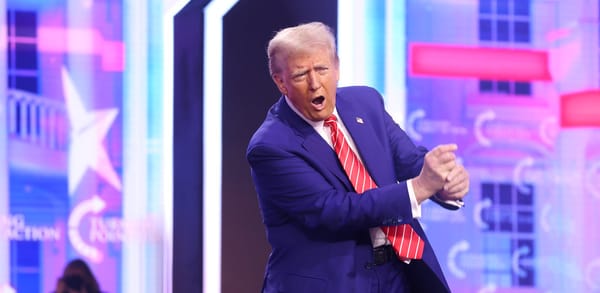
— Donald Trump’s unpredictability, as demonstrated during his first presidency, leaves global leaders uncertain about his potential actions in his second mandate. His approach mirrors game theory’s “chicken game,” where risk-taking can deter adversaries.
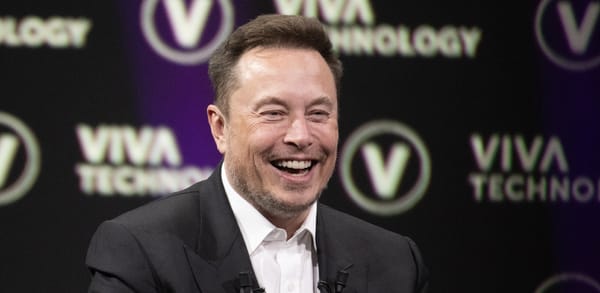
— Elon Musk’s online interventions in UK politics, including accusations against Keir Starmer and backing far-right figures, highlight undemocratic interference and volatile alliances. Politicians must distance themselves to preserve democratic integrity.
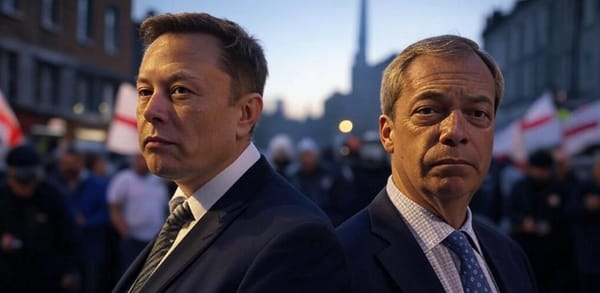
— Elon Musk’s criticism of Nigel Farage highlights the billionaire’s deepening involvement in British politics, promoting far-right agendas, stoking racial tensions, and undermining democracy, Wee Ginger Dug writes, adding that urgent reforms to political donations are essential.
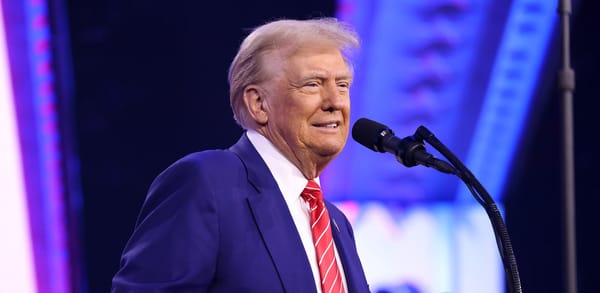
— President-elect Donald Trump has vowed to accelerate the pace of U.S. military shipbuilding. However, his commitment to tightening immigration controls could exacerbate the labour shortages already plaguing the U.S. shipbuilding industry, potentially jeopardising production schedules.
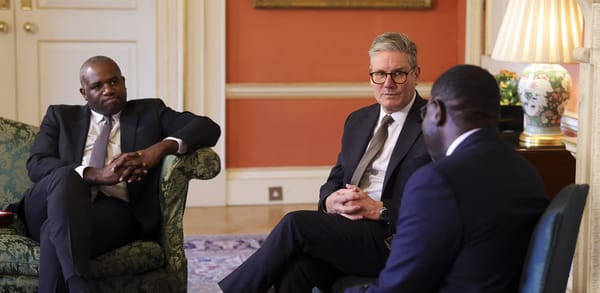
— The UK government’s foreign policy in 2025 will focus on Ukraine, the Middle East, EU relations, Trump’s presidency, and defining “progressive realism”. Challenges include conflicts, alliances, and economic considerations.
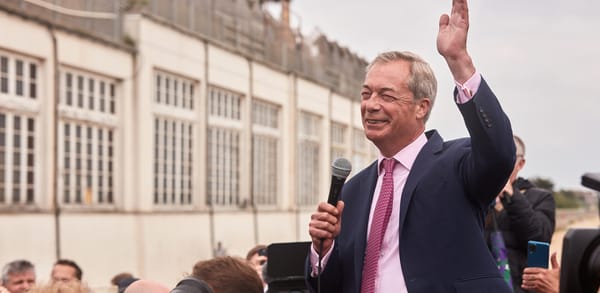
— Reform UK’s membership has surged to over 100,000, overtaking the Conservatives. A new study reveals a predominantly older, middle-class, and online-savvy base deeply aligned with Nigel Farage’s populist leadership and right-wing values.
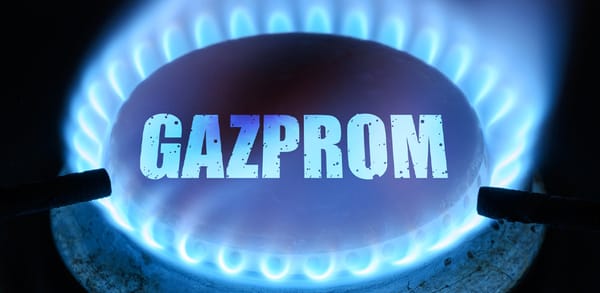
— Kyiv’s termination of Russia’s gas transit to Europe ends a historic energy dependency, symbolising Europe’s energy resilience. Russia now faces economic losses, but Moldova and Transnistria confront severe energy crises and instability too.
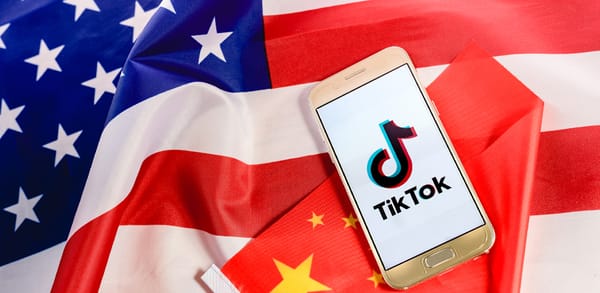
— Donald Trump’s legal team requested the US Supreme Court delay a January 2025 TikTok ban to allow his administration to negotiate. Critics cite national security; supporters argue free speech violations.
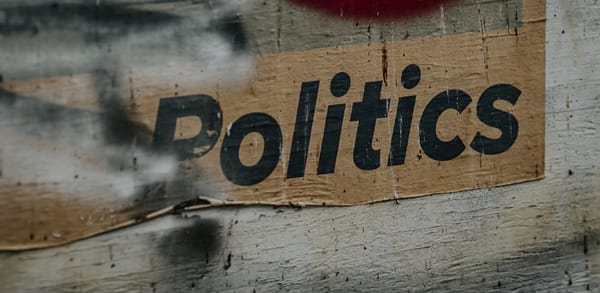
— Elections in 2025 will feature critical contests across Belarus, Germany, the Philippines, Canada, and Chile, shaped by themes like inflation, populism, and geopolitical tensions. The outcomes will test the political stability in these countries.

— A global report reveals rising repression and criminalisation of climate and environmental protests, with state and corporate actors employing anti-protest laws, harsher policing, and violence to stifle activism worldwide.
|
|